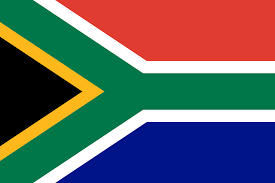In late January, China put 60 million residents on lockdown to slow the spread of the coronavirus in its hardest-hit region, the Hubei province.
Residents were not allowed out of their homes except to go to grocery stores or pharmacies. Planes, trains, and buses into and out of the city were shut down, and public transit and private car travel were stopped.
Nearly two months later, as outbreaks grow in new epicenters around the world, other countries are following suit. Italian residents are under a full lockdown – domestic and international travel are banned, nonessential stores are closed. In the country’s hard-hit Northern regions, even jogging and taking walks are not allowed. Spain has also told residents to stay inside, with exceptions for buying food, some essential work, and medical emergencies.
Some US states, including California, Ohio, and Louisiana, have issued “shelter-in-place” or “stay-at-home” orders.
After two months of strict quarantine measures, China’s coronavirus epidemic may finally be ending – the country reported no new local infections for the first time last Thursday. But China could face a major resurgence of the virus when it lifts its lockdowns, according to Dr. Ben Cowling, an epidemiologist at Hong Kong University who researches influenza transmission and control measures.
A boomerang effect could occur, Cowling said, as residents emerge from their homes, go to work, take their children to school, and go shopping. There are two ways the virus could take hold again. First, a small number of Chinese residents who were under lockdown might still have the virus when restrictions lift but not know they’re sick. Those people could then spread it, starting a new wave of infection. Second, international travelers could bring the virus back into the country.
South Africa may extend their lockdown to 90 days if its cases reach less than 2500. The government is trying the best possible to clear the pandemic whiles residents are busy roaming in the townships.
This can cause an increase of cases and will end up to 90 days of lockdown.
Source: www.BusinessInsider.co.za
 Home Of Ghana News Ghana News, Entertainment And More
Home Of Ghana News Ghana News, Entertainment And More




